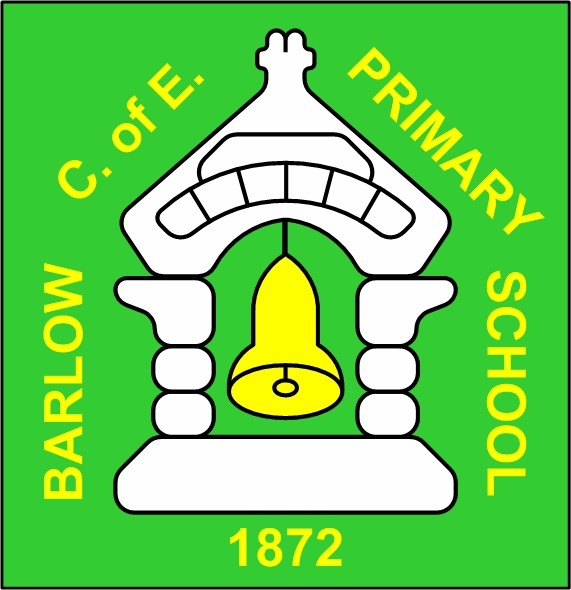- Home
- Key Information
- Special Educational Needs and Disability
- A Guide to Interventions for Parents
- Positive Play with Mrs Gale
Positive Play with Mrs Gale
Positive Play
At Barlow CofE Primary School we have a room dedicated to the Positive Play programme. Positive Play is a Derbyshire early intervention school based initiative to help support children. The programme aims "To raise the self-esteem of children and young people, helping them to access the curriculum and so achieve their potential."
The Positive Play Support programme can help children to feel special, help them to express and communicate their feelings, feel good about themselves, raise their self-esteem, and improve their social skills in a reliable, safe and supportive environment.
The Positive Play programme aims to:
- allow young people a space to express and communicate feelings and difficulties in their lives, through a variety of media in a constructive rather than aggressive ways and in a safe non-threatening environment
- help young people feel good about themselves, and raise self-esteem by providing activities that look at their strengths and by valuing what they do and making it special
- provide a non-authoritarian, supportive, reliable, safe, unconditional relationship within the school and other settings
- provide some of the early experiences that might (may) have been missed but which are necessary for formal education and social interaction
- help young people acquire the complex range of life skills needed to achieve their full potential.
Our Positive Play trained staff member is Mrs Gale. Before attending Positive Play:
- Staff at school will highlight to Mrs Gale children who may benefit from the programme.
- Staff will complete a Boxall Profile to determine what targets the children will work on in the group.
- Parents will receive a letter and be requested to sign a permission slip.
Why might children attend?
Children may benefit from Positive Play at school for a very wide set of reason, but the most common are:
- Friendship difficulties
- Quiet or shy or withdrawn
- Finding it hard to listen to others or to join in (or shouting out in class)
- Being disruptive of others
- Finding it hard to lose a game
- Finding it hard to take turns
- Finding it hard to settle in
- Finding transition difficult
- Bullying
- Low self-esteem
- Needing to develop relationships with adults in school
- Bereavement
- Illness, family illness or break-up
